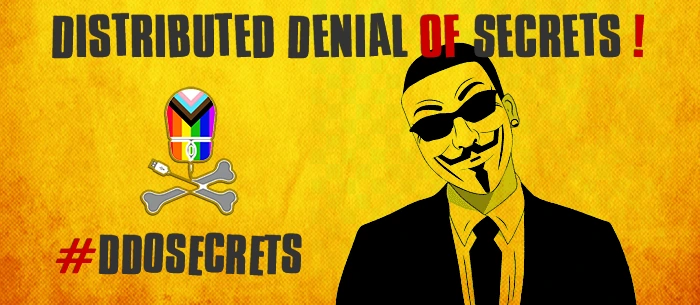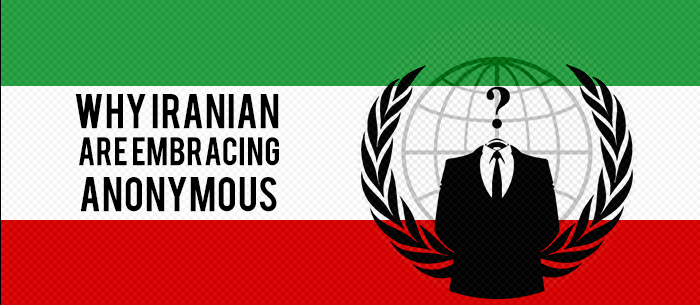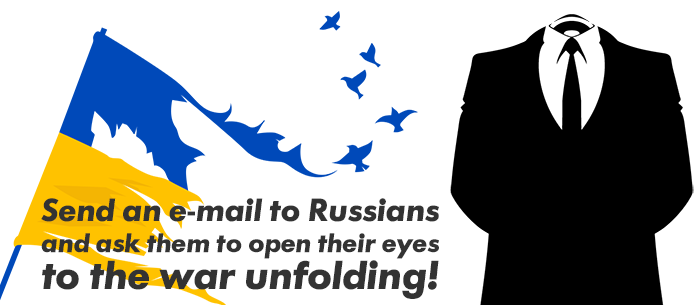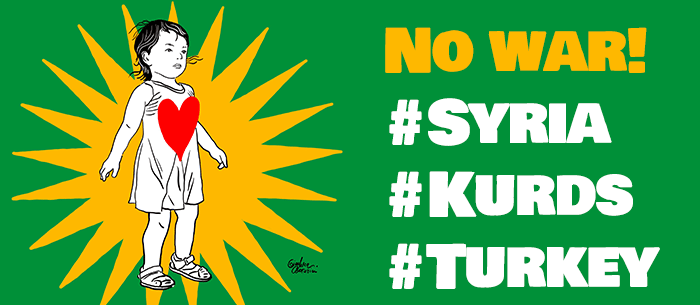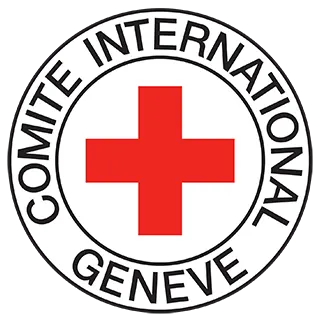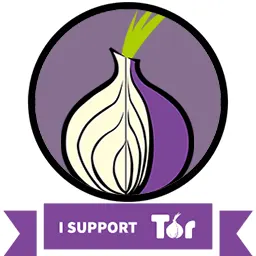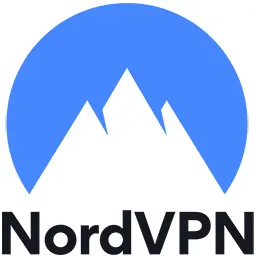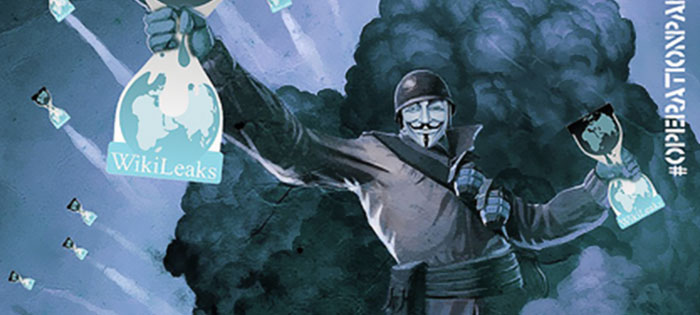
Home Anonymous Operations Ideas are bulletproof Is Anonymous Anarchy?
Monday 22 August 2011
Gabriella Coleman draws a parallel between the online hacktivist group and the black bloc.
For many, the political movement known as Anonymous conjures one thing and one thing alone: anarchy. I have now seen this association made so many times, I thought it might be a good idea to lay out in some detail where the connections between Anonymous and anarchism might lie, dispel a few myths, and ask some questions for further exploration.
From the outset it is key to note that anarchism can mean quite distinct things so let me provide three relatively narrow definitions, which don’t fully exhaust its meaning and expression.
1. First I will look at what I will call contemporary political anarchism (CPA). To help define it, I will draw heavily on one of its foremost chroniclers, thinkers, and participants, the anthropologist David Graeber. CPA has experienced an efflorescence of sorts, especially visible during the heyday of the counter-globalization protests. CPA is diverse, encompassing many different strains, philosophies and regional differences. However, we can say without too much controversy that its recent incarnation is marked by a lefty sensibility, an anti-capitalist/anti-neoliberal ethos, a commitment to consensus, and new modes of imagining directly democratic action. Graeber describes it in this way:
However you choose to trace their origins, these new tactics are perfectly in accord with the general anarchistic inspiration of the movement, which is less about seizing state power than about exposing, delegitimizing and dismantling mechanisms of rule while winning ever-larger spaces of autonomy from it.
2. Second, I will explore the connection between Anonymous and what many associate anarchy with: anything goes and the absence of rules. This is not the philosophical or political understanding of anarchism but simply how the word anarchy is used in a sort of unreflective, everyday sense.
3. Finally, I would like to consider one small but quite prominent type of anarchist tactic, perhaps the most visually well known face of anarchism given how the media likes to hone in on it during protest—the black bloc. The media understandably likes to cover them them because they engage in property destruction during protests and doing so while clad and covered in lots of black clothing.
Contemporary Political Anarchism.
The first question to consider is whether Anonymous is an instantiation, or connected to the recent political wave of contemporary political anarchism as laid out in great detail by David Graeber. The answer, in its most basic form, I wager is ‘no’ but of course it is always more complicated than this.
Anarchism is diverse, like all traditions, but the different strains are in some way in conversation with each other and its recent wave was entwined with and fertilized by the counter-globalization protest movements (inspired by be Global South developments such as the EZLN).
Taking a sociological and historical angle, Anonymous did not come from nor has it substantially fed into CPA, although as I will get to in a moment, there are certainly some anarchists involved. Anonymous has different historical roots in the world of trolling and the image board 4chan and the political ideologies of Anons tend to be of a different lot and nature.
Anonymous can be difficult to ideologically pin down but there is one commitment that seems to bubble up to the surface quite a bit and exists across the different nodes of Anonymous: some version of free speech (as one Anon had put it, “free speech is non-negotiable”); Anonymous often seems to arise when censorship shows its face, as the recent OpBart action demonstrates so well. This commitment is not absent in Anarchism, it just has had a stronger life in liberal and libertarian traditions (and more generally among hackers of different stripes).
It worth highlighting that participants in Anonymous also come from diverse political backgrounds and traditions. When you participate in some explicit anarchist circles and organizations, you tend do so as an anarchist. When you participate in Anonymous you tend not to do so explicitly as an anarchist, social democrat, or libertarian but as Anonymous, with some exceptions.
But if there are no strong socio-historical connections between CPA and Anonymous, might there be others to be made? Here is where the connections start to look a little more substantial.
First there are certainly some anarchists who participate in Anonymous; that is, it has attracted activists who IRL have participated in anarchist, anti-capitalist movements. And there are now anarchist Anons. But there are a lot of libertarians as well, and social democrats, and others who don’t identify along any of those traditional political lines.
The second connection, perhaps the meatier one, exists at the level of organizational culture. Let’s once again quote Graeber: “[Anarchism] is about creating and enacting horizontal networks instead of top-down structures like states, parties or corporations; networks based on principles of decentralized, non-hierarchical consensus democracy.”
For those that know Anonymous, bells are certainly going off right now. Anons seek to enact decentralized non-hierarchical modes of interaction—although as a collective they tend not to theorize their modes of governance as part of the/a anarchist tradition, linking what they do to some prominent anarchist thinker such as Kropotkin and Bakunin. Individually or in smaller groups, I have seen some forge this connection, although the theorists of choice often seem to be Deleuze and Guattari, master theorists of the rhizome.
This commitment to consensus is also present in the broader geek sphere who have enacted it past and present, from the IETF process known as Request for Comments, or RFCs (memos proposing protocols/changes/ for the Internet) a process that goes back to the early creation of the Internet; to the largest free software project in the world, Debian. Consensus is embraced, loved and enacted across hacker and geek spheres of action.
The question to pose is whether we should tag consensus -a decision making process that embodies a non-hierarchical organizational form—so prominent among hackers and geeks as “anarchist?” I guess it depends. We might want to note how consensus has been theorized and prized by anarchists and is a democratic social form that exists widely across many different societies and time periods. But I also think it is important to note that many incarnations of consensus, including those of Anonymous, are not explicitly self-conceptualized as part of a broader or specific anarchist tradition.
Its Anarchy!
For many people who know nothing about a political tradition called anarchism, they tend to use the term anarchy, which in common usage usually means some combination of: anything goes, total chaos, and the absence of rules.
Many anarchists are deeply troubled by this meaning of anarchy because it makes anarchism simply out to be about chaos and the absence of rules, which could not be further from reality. Anarchists certainly scoff at rigid rules. They are neither fond of the state, nor liberal law but they are rather obsessed with organizational forms, with the ethics of debate and decision-making, and in fact have been criticized for having what they call “process” sap the life and energy of their organizational forms and meetings (it is very time consuming!).
But let’s just bracket the politics of naming for a moment and ask whether anarchy—as in anything goes—captures the prevalent social dynamics of Anonymous? There are certainly elements to Anonymous that conform to this sense of anarchy in so far as unpredictability has often marked the political wings of Anonymous. There are moments too, especially during a large scale operation when Anonymous seems to teeter on the verge of chaos.
But this sense of anarchy fits only imperfectly. First, from my anthropological vantage point, there is quite a bit of order to Anonymous much more than the word anarchy allows for as I explored in detail. There are norms, there are policies, and technological resources are tightly controlled.
Perhaps the better A word to use is accidental. There have been a number of the most famous ops in Anonymous that sprung forth somewhat accidentally—some action, without all that much advance planning. Even operation Avenge Assange first emerged this way as I hope to one day write about.
The Black Bloc
The last connection to explore is whether we might think of the hacking operations under Anonymous as like the black bloc; I think there this association can yield some fruitful insights but there are also important differences. But first a word about the hacking operations and then a little more about the black bloc.
Anonymous is, as they state repeatedly, not singular but always plural. It is composed of many individuals, networks, and operations. Even as the hacking operations of the last three months grabbed the lions share of media attention, there were many different operations underway on multiple networks. But the hacking operations no doubt have become prominent in part because operation Antisec (and its predecessor and ancestor Lulzsec) did go on a pretty notable hacking bonanza and spree. And in the last few months their attacks have been less for the lulz and far more politically oriented.
For those that may now know what the black bloc is, here is not the place to go into a detailed explanation as to its history, tactics and ethics but let it suffice for now that black bloc is not a consistent group but a tactic. The black bloc comes together, or emerges at different protests, to engage in some sort of property destruction, such as smashing windows (usually of commercial proponent) or video cameras. They form a bloc, they are anonymous in so far as they cover their faces with scarves, masks etc. There is no stable group or association of the black bloc, but it emerges during protests in a somewhat ad hoc way.
I don’t know about the internal commitments and motivations of the hacking participants in Anonymous to say whether they they are motivated by explicit black bloc anarchist principles, so that is not the connection I am trying to draw here. But comparing black bloc operations and those hacking operations such Antisec yields some fruitful insights:
What they share:
- Radical defiance.
- Notable STFU to the police.
- Willing to make direct attacks.
- Tends to be a smaller group who are willing to engage in these more dicey tactics and since they are dicey, they are controversial within the circles they move in and outside of them as well.
But there are notable differences as well:
The black bloc is weirdly enough far more open. You become black bloc by donning the black clothing, cloaking your face, and throwing the stone; hacking requires more skills and those hackers leading operations won’t exactly be forthcoming about how to join (but they won’t stop you from starting another action, they just might not let you into their inner circle, naturally given the legal risks).
The nature of the attacks: both the hacking operations and the IRL BB protests behold symbolic and material facets. In the case of IRL BB, many have made the case that the property destruction enacted by the black bloc is largely symbolic, although businesses they target of course lose revenue due to the property damage (technically their insurance companies lose the money).
But the biggest difference is that when you smash a window, information does not ooze out of it.
In the case of the Antisec operations, there is symbolic elements at play, organizations also lose money as they spend resources to “clean up” after the hack; but the collateral damage too with the hacks seems higher for some ordinary citizens, as the OPBart hacking elements has shown.
But it is not simply collateral damage that comes forth from these hacking: there can be long term material and political consequences based on what was leaked. We saw this with the HBGary hack which led to Aarron Barr stepping down and a Congressional call for an investigation into the security firms involved in what was a Cointelpro-type proposal. The recent Vanguard hack too is clearly interesting in this regard.
So as with the other associations, the fit is imperfect. And yet, there is something about the hacking operations which stand apart from many of the other operations that have cascaded out of the political wings of Anonymous for three years now and whose radical defiance, whose riskiness, do seem to warrant its own and further analysis.
This little all to brief exploration between anarchy and Anonymous is meant to open the door for debate.
Archives OWNI.eu
— by Gabriella Coleman.

